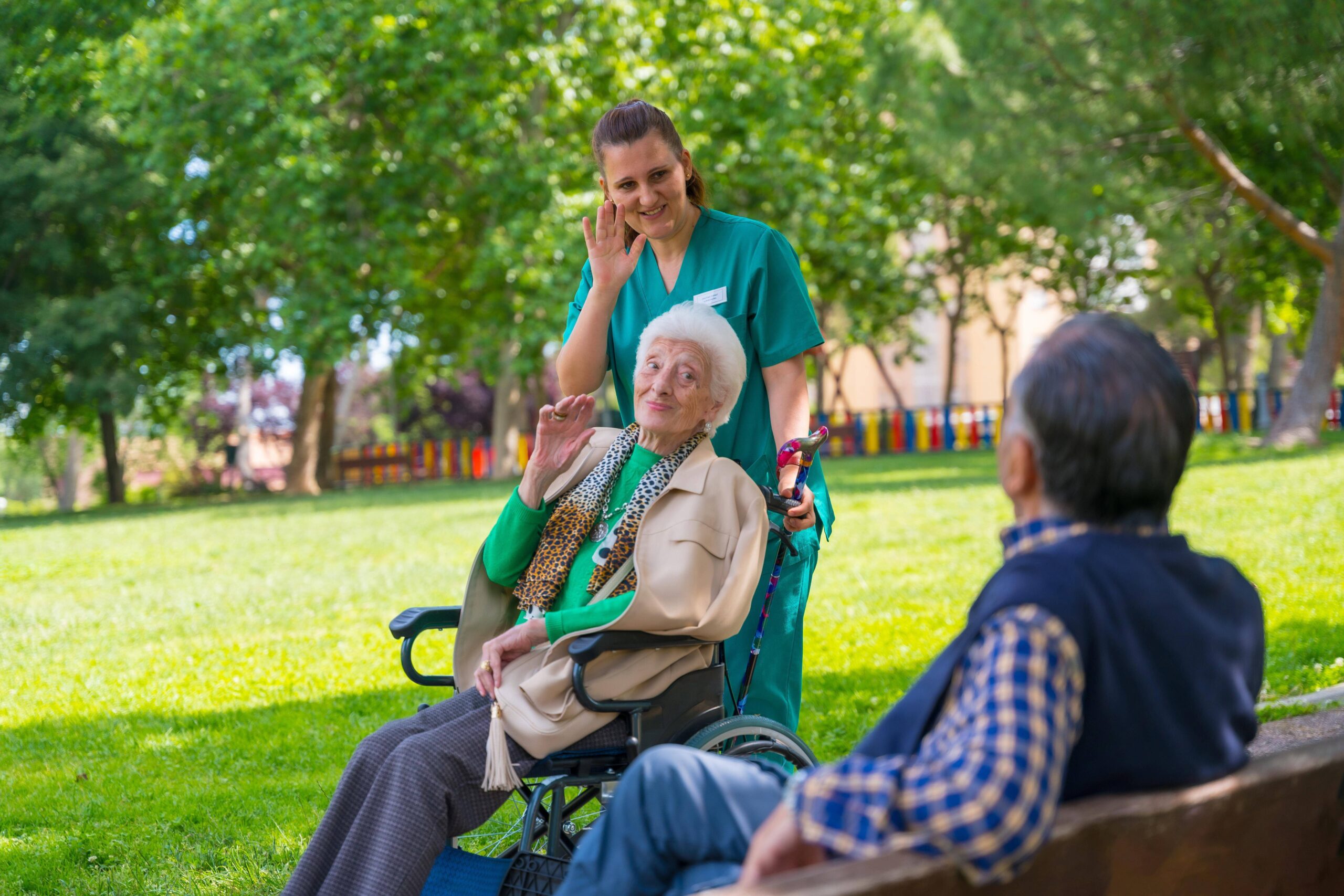PEOPLE are now living to 84 on average in Spain, but new research warns that a large share of those extra years may be spent in poor health.
A major population study by Fundacion BBVA and the Valencian Institute of Economic Research (IVIE) shows that people in Spain will now spend more than ten years of their old age living with disability, chronic pain or reduced independence.
The report finds that Spaniards reaching 65 can expect almost 22 more years of life, but only a little over ten of those will be lived in good health.
READ MORE: Revealed: Spain’s cheapest and most expensive areas for a traditional ‘Menu del Dia’
Spain ranks near the top for total life expectancy, sharing the podium with Italy and Sweden, but falls to ninth place when the focus shifts to health in old age.
Countries such as Sweden, Malta and Ireland manage to convert more of their retirement years into disability-free life, with Sweden singled out for having nearly 14 healthy years after 65 despite a shorter overall lifespan.
The study also highlights clear differences between men and women.
Women in Spain live around 3.8 years longer than men, but those extra years are disproportionately marked by illness, aches and long-term conditions.
Researchers say this widening gap between living longer and living well is becoming one of the most important demographic challenges facing Spain.
Angel Soller, Vicedecano of the University of Valencia’s Faculty of Economics and lead author of the study, says the issue is not simply biological but social and political.
He argues that ageing well depends heavily on lifestyle, community participation and social contact, and calls for policies that promote active ageing, healthier habits and stronger support networks.
READ MORE: Spain shoulders 20% of all GDP growth in the eurozone as traditional powerhouses stagnate
Soller says that people who remain involved in society through volunteering, associations or community groups are far more likely to maintain good health into old age.
He points to decades of research showing that social relationships are linked to longer life expectancy, including a metaanalysis of 148 studies involving more than 300,000 people, which found that strong social ties had an impact on survival comparable to avoiding smoking.
The findings mirror a Nature study published in 2024 which warned that the gap between life expectancy and healthy life expectancy is widening worldwide, with Europe seeing some of the largest differences.
While Spanish life expectancy continues to rise at around 0.2 years per year, the age at which disability begins has barely moved, meaning people are spending more years living with limitations.
Some examples of an active and engaged life in old age include being active in the community, meeting weekly with friendship groups or clubs and neighbourhood associations.
Regular exercise suitable for the age, such as aqua gym classes are also recommended, while keeping up with a large network of family and friends is seen to be vital.
Researchers say this lifestyle reflects habits consistently linked to healthier old age: movement, social contact, purpose and regular engagement with the world.
As Spain’s population continues to break life expectancy records, the study argues that the priority must now shift from adding years to ensuring those years are lived with quality, independence and connection.
Click here to read more Health News from The Olive Press.








